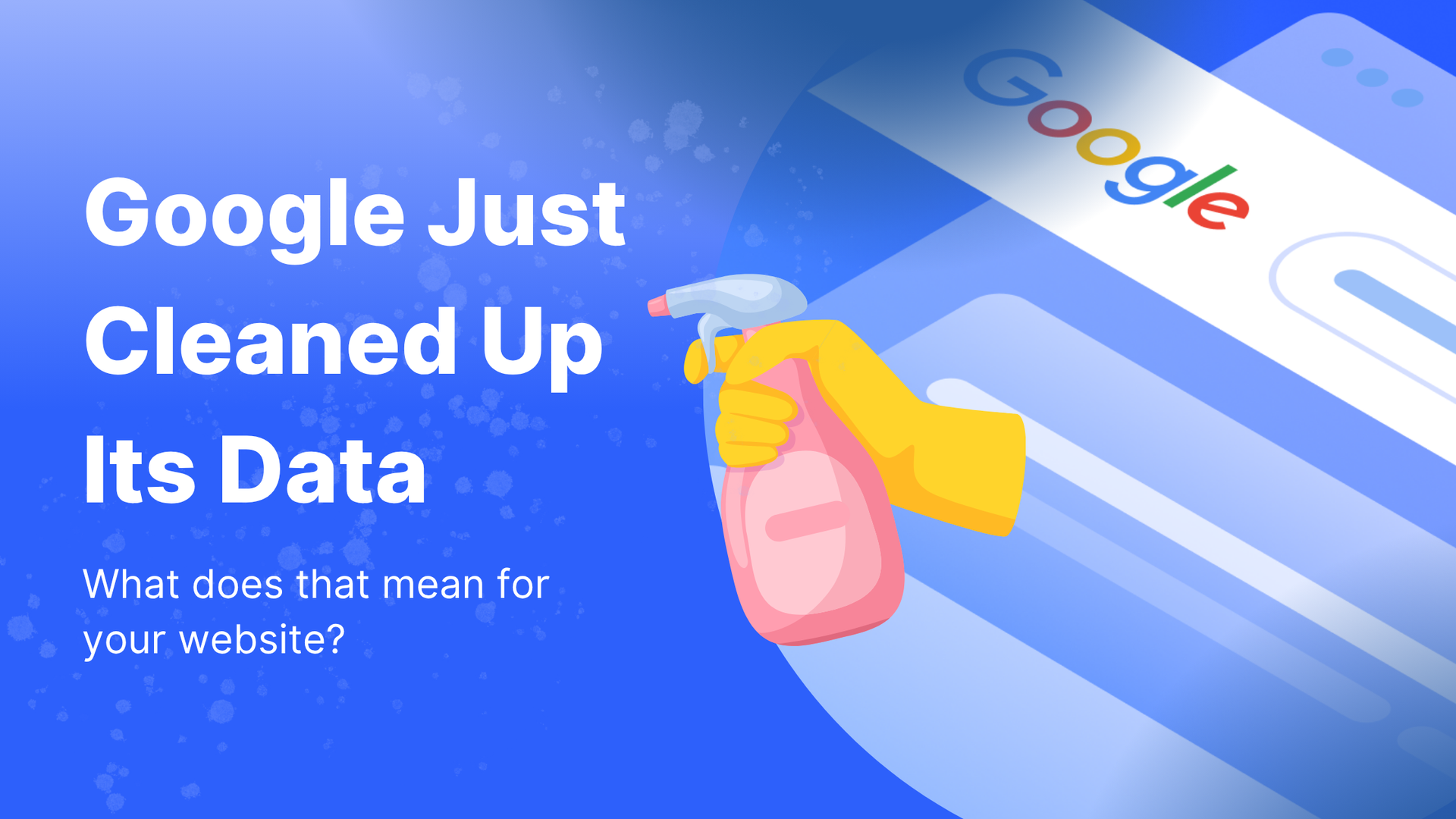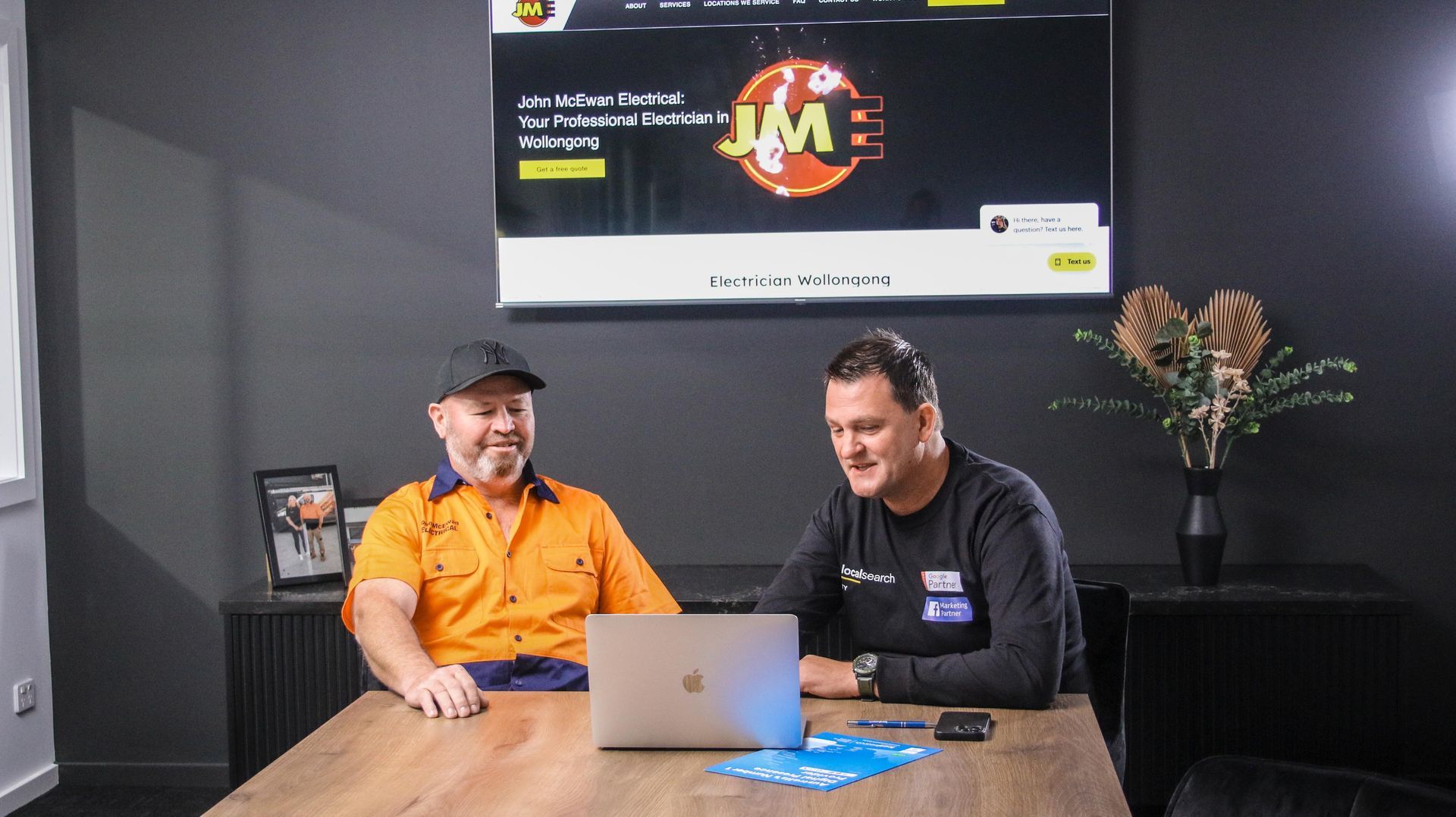Understanding Key SEO Terms
In this article
Related Articles
Tips to grow your business
from the experts
Did you know that 93% of online experiences begin with a search engine?
Search Engine Optimisation (SEO) brings more customers straight to your website from search engines like Google, giving your business an edge over the competition. In this guide, we will discuss the key SEO terms that can help you understand and improve your website performance.
How to Understand Key SEO Terms
Accessible to Search Engines
To rank in search results, search engines need to be able to access your site – or “crawl” it – to find out what information is on it. “Indexing” is how search engines organise this information to be shown when a user performs a relevant search query.
A “robots.txt file” tells search engine crawlers which URLs can be accessed on your site. You can test your robots.txt file to see if it’s blocking your site from being crawled using Google’s Robot.txt Tester.
Google Search Console is another free service offered by Google that can help you understand and improve how Google sees your site.
Keyword Used in Page Title
Using a keyword in your title helps search engines associate your page with a topic. Higher search engine positions are strongly correlated to keyword use here. However, be careful not to stuff your page titles with too many keywords as this can lead to penalties from search engines.
Sufficient Page Content
Search engines seek pages that contain relevant and unique content that best serves a searcher’s intent. Consider what questions your customers are asking on Google and try to answer these questions with helpful, reliable and people-first content.
Use of Keywords in H1 Tags
H1 tags are used to mark up a website’s main subject. In a webpage’s code, you’ll see the H1 text wrapped in <h1></h1> tags.
Using keywords in H1 tags will help to improve your site’s search engine ranking. They are also a best practice for accessibility, and help potential visitors determine your page’s content.
Google Business Profile (GBP)
Having a Google Business Profile (formerly known as Google My Business) allows you to manage how your local business shows up across Google products, like Maps and Search.
Verified businesses on Google are twice as likely to be considered reputable! Don’t forget to update your GBP with a new photo, blog, offer, products or services weekly for maximum ranking benefit.
Google Analytics / Tag Manager Tracking
Analytics helps you better understand your visitors and customers to improve engagement, usability and drive sales.
Google Analytics gives you the free tools you need to analyse data for your business in one place.
Google Tag Manager allows you to update measurement codes and related code fragments, collectively known as tags, on your website or mobile app.
WWW Resolve / Redirect
Search engines consider ‘example.com’ and ‘www.example.com’ to be different. Unless you use a server-side redirect, you could be penalised for duplicate content.
This server-side redirect is different to a client-side redirect and can only be completed by accessing your websites server configuration files.
Brand in Page Title
Having your brand or company tag in your title tag is an easy way to build brand awareness and help searchers find your business by name.
Optimal Page Title Length
Page titles are an important factor in your search engine position. As search engines only show about the first 60 characters of your title in their search results, exceeding this limit can deter users from potentially clicking on your website.
Meta Title & Descriptions
This search-engine facing text can influence a page’s position in search results. On the results page, it also provides context to searchers about your page’s topic and focus, which can impact whether they visit your site or not.
Meta Description Length
Search engines use this description to describe your page. The maximum length is usually 160 characters. Including a good description that doesn’t exceed the character limit can convince more searchers to click on your link.
Keywords in the Meta Description
Make sure to use relevant keywords in your meta description for your website’s pages. This can help your page’s prominence and visibility when users search for specific keywords, likely lead to more website clicks.
Sitemap.xml File
A sitemap is a file that lists the pages in your site to help search engines find them easily. The sitemap is generated automatically so you don’t have to manually update it.
The website builder you used will determine how you can view this sitemap. Generally, typing /sitemap.xml at the end of your URL will allow you to view your sitemap.
Alt Image Attribute
This piece of code is used to tell visually impaired people what an image is about. It can also help search engines understand why you’re using an image. Therefore, alt image attribute is important for accessibility, user experience, and image traffic.
Website Found on Google
Having your site show up on search engines is critical for your business. Your listing needs to tell search engines and visitors what your website is about. Having a high search engine ranking will give you the opportunity to reach more potential customers!
Schema Markup
Schema markup code helps search engines read and understand the content on your pages and return more informative results about your business to users. Used effectively, it can boost your website rankings.
When you submit relevant information, platforms such as Merkle will automatically generate the schema markup code for you. You can then either add this into Google Tag Manager or on your website directly.
Open Graph Markup
Open graph tags, when used on your website, allow you to control how and what content shows up when a link from your site is shared on social media sites like Facebook or Twitter. People are arguably more likely to see and click shared social media content with optimised open graph tags, increasing website traffic.
Keywords in Image Alt Attribute
Using keywords in the alt attribute of an image can boost search engine rankings slightly – but it can also add value for sight-impaired users.
Looking to get your website ranking higher in relevant search results on Google?
Our goal is to help Australian businesses using Localsearch’s SEO services to rank on the first page of Google — without paying for ads. Our customised SEO solutions work around your business’s budget and goals.
Feel free to call us at 1300 015 590 or send us an enquiry if you have any further questions.

















